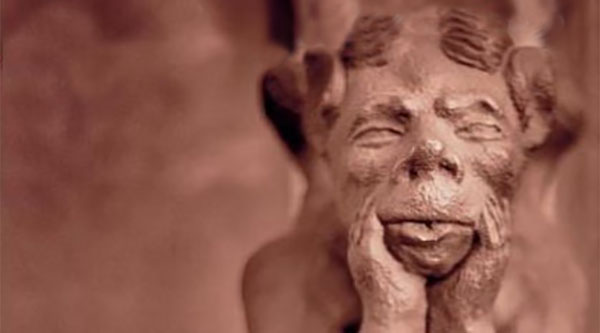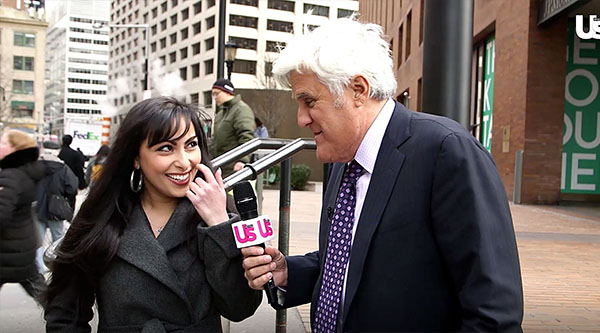 Cultivating truth, goodness, and beauty grounded in the Christian worldview
Cultivating truth, goodness, and beauty grounded in the Christian worldview Cultivating truth, goodness, and beauty grounded in the Christian worldview
Cultivating truth, goodness, and beauty grounded in the Christian worldview




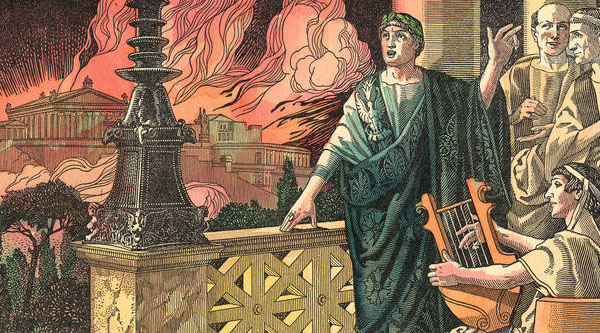

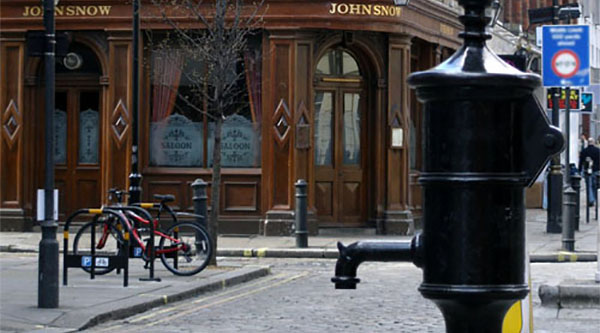
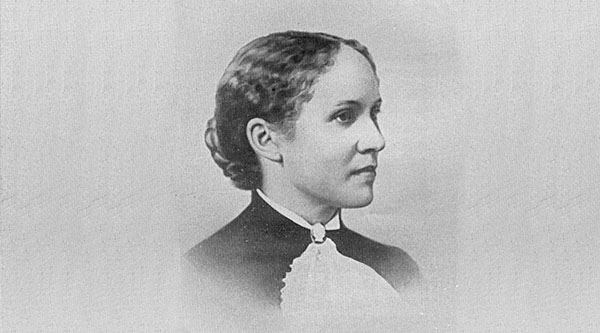
I happened to be reading Booker T. Washington's autobiography Up From Slavery when the COVID-19 pandemic was escalating so quickly a few weeks ago. I ran across what I considered a remarkably apropos passage that impacted me in a number of ways. Washington says the following about his future wife, "This was Olivia A. Davidson, who later became my wife… While teaching in Mississippi, one of her pupils became ill with smallpox. Every one in the community was so frightened that no one would nurse the boy. Miss Davidson closed her school and remained by the bedside of the boy night and day until he recovered. While she was at her Ohio home on her vacation, the worst epidemic of the yellow fever broke out in Memphis, Tenn., that perhaps has ever occurred in the South. When she heard about this, she at once telegraphed the Mayor of Memphis, offering her services as a yellow-fever nurse, although she had never had the disease." This particular yellow fever epidemic occurred in the Lower Mississippi Valley in 1878 infecting around 120,000 and ultimately taking the lives of 20,000 people. Frightened, closed school, epidemic, and disease were some of the words from the passage that sounded familiar to our current situation. Although I was aware of Booker T. Washington before reading this book, I was entirely ignorant of the extraordinary life of Ms. Olivia A. Davidson. She provides a powerful example of how to live sacrificially for others in hard, uncertain times. Many are making similar sacrifices around the world in their efforts to fight the Coronavirus. Ms. Davidson would tragically pass away at the age of 34 from another infectious disease: Tuberculosis. Washington says, "She literally wore herself out in her never ceasing efforts in behalf of the work that she so dearly loved." Although she lived a short life, one of my favorite quotes comes to mind, "But the effect of her being on those around her was incalculably diffusive: for the growing good of the world is partly dependent on unhistoric acts; and that things are not so ill with you and me as they might have been, is half owing to the number who lived faithfully a hidden life, and rest in unvisited tombs" (George Eliot, Middlemarch).
Unprecedented can be concisely defined as "never done or known before." This adjective has been used extensively in the last few weeks. Is it appropriate to call the COVID-19 pandemic unprecedented? Absolutely. Although we have read about such tragic occurrences in history, we have never had to navigate such a world ourselves. For all generations alive today, this is an unprecedented challenge requiring cooperation from the entire world. Regardless of whether or not one thinks the world has responded with appropriate vigilance to the threat, few can disagree that the worldwide response to this epidemic has been more united than any other disease response in history. One of the truly unprecedented aspects of this particular outbreak is how much more we know about pandemics now versus one hundred years ago. Especially as it relates to how we can limit the spread of infectious disease. Might we see in time an unprecedented cooperation amongst all the peoples of our world to defeat this disease? Let us earnestly pray and hope for such an outcome.
We are right in calling our current crisis unprecedented, but it is wrong to think our world has never faced such a perilous and uncertain situation. The history of our world is fraught with epidemics, disease, and death. Many plagues have dire statistics that we can hardly imagine. Although we have little to learn scientifically from the history of disease, we have much to learn about how we as a Christian world should respond. The example of Ms. Davidson is one of many examples for how we ought to react in the face of disease. The reformer Martin Luther wrote a treatise titled, "Whether One May Flee from a Deadly Plague." There is a helpful balance to Luther's perspective. When speaking of those in the ministry, he argues that they, "must remain steadfast before the peril of death." However, he uses Scripture to justify fleeing (Ephesians 5:29 and 1 Corinthians 12:21-26) when he says, "All of us have the responsibility of warding off this poison to the best of our ability because God has commanded us to care for the body." Gary Ferngren, a history professor at Oregon State University, believes Christians, "were the first people who began an active campaign to take care of sufferers or to bury the dead or to help." The compassionate approach of the early Christian church demonstrates the sacrificial posture for how we ought to respond to an epidemic. The picture of this sacrifice can come in many forms: social distancing, foregoing vacations, and drastically altering the patterns of our life.
Through all of this, may we continue to trust in the Lord and not respond in fear. Isaiah 43:1 comforts our soul saying, "But now, this is what the Lord says—he who created you, Jacob, he who formed you, Israel: 'Do not fear, for I have redeemed you; I have summoned you by name; you are mine.'" We are his, therefore, let us walk forward in faith and obedience.
